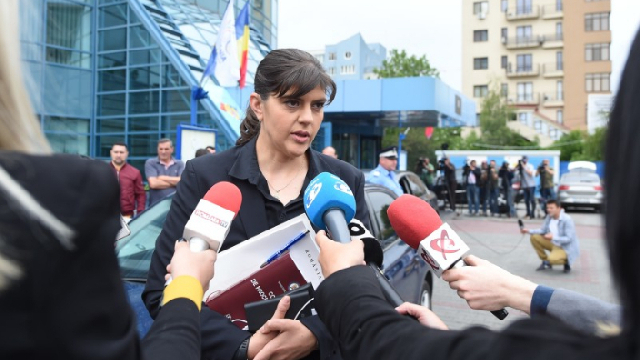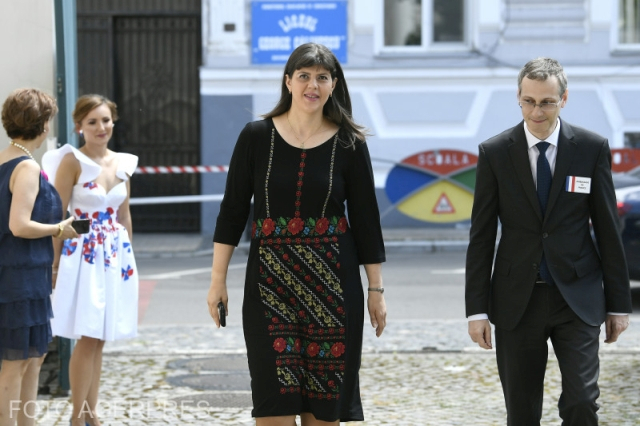GOVERNMENT – The prime
minister designate Ludovic Orban continues talks with the parliamentary parties
that backed the no-confidence vote against the Social Democrat government in
order to secure enough votes for a new cabinet, namely 233 out of a total of
465. Consultations were held on Thursday with the Alliance of Liberals and
Democrats, the Democratic Union of Ethnic Hungarians in Romania and Pro Romania
Party and on Friday Orban will meet with Save Romania Union. The MPs
representing the group of ethnic minorities have already said they will support
a possible Orban cabinet. Talks were held on Wednesday with the People’s
Movement party, which Orban described as encouraging, saying the possibility
was also discussed for this party to be in the government. Ludovic Orban must
present the structure of his cabinet and the proposals for ministers by next
week. The Social Democrats have said they will not be in Parliament to ensure
quorum when the voting on the new government takes place.
EUROPEAN COUNCIL
– The president of the European Commission Jean-Claude Juncker on Thursday said
that a new deal on the UK’s exit from the European Union was reached after
intense talks. The announcement was made a few hours before the start of the
European Council summit in Brussels. Attending the meeting, President Klaus
Iohannis said nothing will change regarding the Romanians living in the UK,
expressing hope the European Council will adopt the document. The President met
with President Elect Ursula von der Leyen, discussing the appointment of a new
Romanian Commissioner. Previously Iohannis was adamant about nominating a
proposal of the outgoing Dancila Cabinet. We recall the European Parliament has
postponed a vote on the validation of the future European Commission scheduled
for October 23, considering that the candidates of Romania, Hungary and France
did not get through the validation process. Rovana Plumb and Laszlo Trocsanyi,
the proposals of Romania and Hungary, were ruled out over suspicion linked to
possible conflicts of interest, while France’s Sylvie Goulard’s candidacy was
rejected on ethical grounds. Apart from Brexit, the summit also looks at the
relationship with Turkey following the latest developments in Syria and the
European Union’s multiannual budget. EU leaders also discussed ways to combat
climate change, which is a priority for the next European Commission, and EU
enlargement.
EPPO – European
Commissioner for Justice, Consumers and Gender Equality, Vera Jourova, on
Thursday hailed the confirmation of the former chief of the National
Anti-corruption Directorate in Romania Laura Codruţa Kövesi at the helm of the
European Public Prosecutor’s Office, expressing hope Kovesi will do a great job
at protecting the EU’s financial interests. Jourova went on to say that the EU
is losing at least 50 billion euros in VAT-related fraud every year, which is
something the EPPO will investigate. Kovesi was confirmed as European chief
prosecutor by the Conference of Presidents in the European Parliament formed by
the leaders of the different parliamentary groups and the speaker of the
European Parliament. This was the last official step in the appointment
procedure, with the European Parliament saying in a statement that Kövesi can
now start her 7-year mandate as head of the European Public Prosecutor’s
Office. This is an independent body responsible for investigating and indicting
crimes against the European Union’s financial interests. Laura Codruţa Kövesi
is the first person to occupy this position, which she has secured despite the
opposition of Romania’s acting Social Democrat government.
NATO – Mircea Geoana
on Thursday started his mandate as Deputy Secretary General of NATO, the
highest position ever held by a Romanian in NATO. Geoana was appointed earlier
this year by Secretary General Jens Stoltenberg. The Romanian will replace Rose
Gottemoeller of the United States, herself the first woman to occupy such a
high rank in NATO. Mircea Geoana is the founder and president of the Aspen Romania
Institute. He was previously Senate Speaker, Foreign Minister and US Ambassador
in the US.
EXERCISE – A three-day
exercise carried out in the Serpents Island area and the Black Sea
international waters came to an end on Thursday. Romania has taken part with
the navy corvette Counter admiral Horia Macellariu, alongside Ukraine’s missile
boat Pryluky and the US destroyer USS Porter. According to the General Staff of
the Romanian Navy, the exercise helps consolidate the partnership between
Ukraine and the NATO member states in the area of naval forces. Its aim is to
achieve the interoperability of the different crews at tactical level at NATO
standards with respect to the fight against security threats.
TENNIS – Romanian
tennis player Marius Copil, 92 ATP, on Thursday advanced to the quarterfinals
of the ATP tournament in Antwerp, Belgium, totaling over 635 thousand dollars
in prize money. Copil ousted Diego Schwartzman of Argentina, 6-4, 5-7, 7-6, the
competition’s third-seed and no. 15 ATP. Schwartzman had previously won a
single time against Copil, this year at Acapulco. In the next round Copil will play
the winner of the match pitting Pablo Cuevas of Uruguay (45 ATP) against Andy
Murray of Britain (243 ATP)
(translated by V. Palcu)






